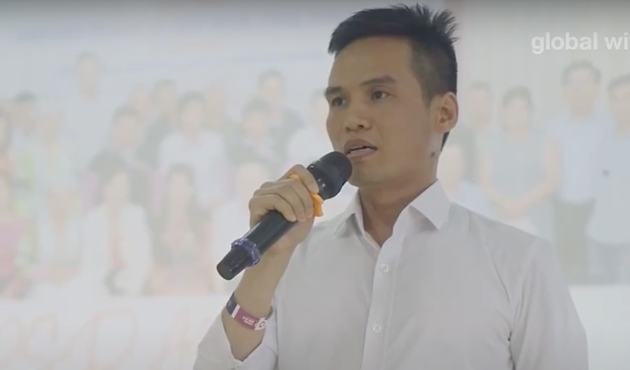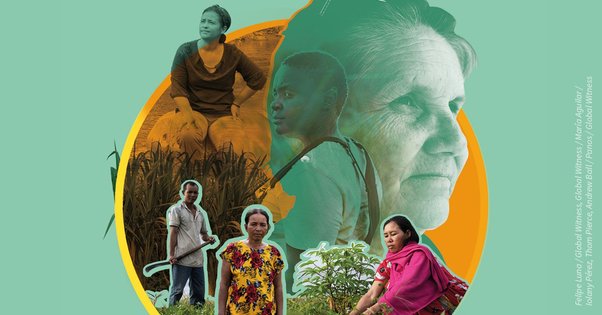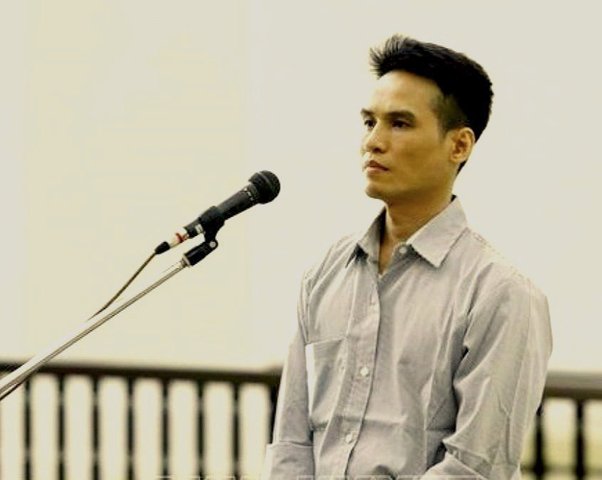Last week, Vietnam became the third nation to receive billions of dollars from G7 countries to transition away from fossil fuels to clean energy.
The Just Energy Transition Partnership (JETP) is set to mobilise an initial $15.5 billion of public and private finance over the next 3 to 5 years to support Vietnam’s green transition.
Yet there can’t be a successful “just” energy transition away from fossil fuels in Vietnam without the free and active participation of civil society in shaping climate and environmental policies and decision-making. The Joint Political Declaration establishing the JETP adopted by the Government of Vietnam and the “International Partners Group” (IPG) consisting of the EU, UK , US, Japan, Germany, France, Italy, Canada, Denmark and Norway, has failed to adequately require the Government of Vietnam to protect and respect the fundamental human rights of environmental and climate defenders in Vietnam.
The Declaration scarcely mentions civil society participation or justice for environmental defenders. This is despite climate champions instrumental in Vietnam even being considered for this partnership such as environmental lawyer Dang Dinh Bach and Goldman Prize winner Nguy Thi Khanh, languishing in prison on unwarranted charges. These attacks have been widely condemned as an attempt to criminalise and silence environmental defenders in Vietnam. It seems even the UN’s condemnation of the imprisonment of Vietnam’s environmental defenders hasn’t been enough for the G7 to ensure civil society protections are embedded in the deal.
Global Witness supports international financial and technical support for energy transition in the Global South however this must embody a rights-based approach to achieving climate action and securing climate justice; commitments to implement the Paris Agreement must align with existing international human rights obligations and standards, and promote participatory, just and equitable solutions to climate change. Whilst the JETP supports ambition to shift away from fossil fuels towards renewables which is commendable, the Vietnamese government’s blatant attacks to restrict civic space and silence environmental defenders raises serious concerns about the ability of civil society to meaningfully contribute to and monitor the development and implementation of this deal, jeopardizing the ambitious targets under the JETP.
The Joint Political Declaration has failed to address these concerns and has paid lip service to the threats faced by defenders and civil society in Vietnam by merely “noting” that for the transition to be just and equitable, regular consultation is required with NGOs and other stakeholders; this language is even weaker than the text in the Declaration regarding engagement with the private sector where Vietnam and the IPG have committed to “creating an enabling environment for businesses to proactively participate in the transformation process.”
Just days after the JETP was announced, land rights policy expert Hoang Ngoc Giaoyet was arrested. With yet another defender under arrest, the G7 need to ensure that those unjustly arrested will be released and no further arrests take place.
It is only when civil society is actively enabled to meaningfully participate in the partnership without fear of reprisals that the possibility of a truly ‘just’ energy transition can exist. A commitment must be made that there will be no harassment or jailing of Vietnamese climate leaders. What’s more, the ability of civil society organisations to safely and freely participate in the energy transition should be considered a measure of progress in the planned biennial review of the JETP.



